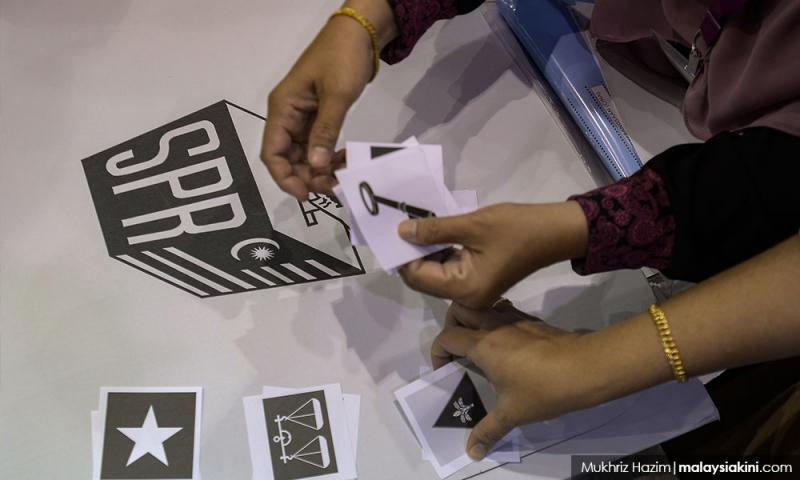A flawed logic to blame Sheraton Move on FPTP electoral system
LETTER | I would like to respond to the article written by Wong Chin Huat entitled, "How did Malaysia lose its spring? A systemic explanation".
While I respect him as a public intellectual dedicated to the cause of democratisation and common good in Malaysia, I feel that his argument to blame the first-past-the-post (FPTP) system for the collapse of the Pakatan Harapan government is based on very shaky ground.
He suggests that the so-called Sheraton Move was due to four fault lines: two between the Malay leaders PKR president Anwar Ibrahim and Dr Mahathir Mohamad; and Anwar with his former deputy Azmin Ali; the other two as between PKR-Bersatu and Malay parties-DAP; and lastly, "a plague of party hopping’".
He explains the Anwar-Mahathir conflict as due to the overconcentration of the executive power in the office of the prime minister which has no term limit. While he acknowledges that the lack of term limit for premiership is not link to FPTP, I really cannot see how the overconcentration of the executive power could be blamed on the FPTP system rather than the decades of authoritarian rule.
Then he blames the Azmin-Anwar conflict on the overconcentration of party leadership’s power to nominate candidates for electoral contests. He sees this as necessitated by the limited number of seats each party could contest due to coalition politics under the FPTP system.
Could the proportional representation (PR) electoral system really sidestep coalition politics? Not at all given the Malaysian political reality. The difference between the two is that FPTP encourages pre-electoral coalition while the PR system necessitates post-electoral coalition building due to the latter’s tendency to produce a wide spectrum of political representation without a clear majority.
The problem of the overconcentration of power in party leadership can also not be resolved by the PR system. In fact, an electoral system based on a PR closed party-list mandate would only further strengthen the power of the political party leaders on their candidates. A PR system with open party-list is even worse as it is known to exacerbate intra-party contests as candidates on the same party-list have to compete with each other for voters’ support.
His remaining argument is that Malay resentment against intra-ethnic division is one of the causes of Umno, PAS and Bersatu targeting DAP. And that this intra-ethnic division is a consequence of the FPTP system because it "curbs fragmentation".
I agree with him that the FPTP system curbs fragmentation, and that is exactly why, the PR system is not the antidote for intra-ethnic division because, contrary to FPTP, the PR system encourages fragmentation due to the proliferation of parties as it allows small parties to win seats. The dispersion of party representation is caused by the proliferation of the Malay parties, not the FPTP system, and the PR system will only worsen it.
There does not exist a perfect electoral system without any defects, the FPTP and PR systems inclusive. But the Sheraton Move in fact provides us with a real-life scenario of how nerve-wracking a post-electoral coalition building could be in Malaysia, which is often necessitated by a PR system which typically produces no clear majority.
In addition, because of the need to negotiate for coalition building after elections to achieve a majority support, it is more likely that a PR system results in a perceived "stolen mandate" as many angry voters feel now.
The writer is an associate professor at Ikmas, UKM.
The views expressed here are those of the author/contributor and do not necessarily represent the views of Malaysiakini.
RM12.50 / month
- Unlimited access to award-winning journalism
- Comment and share your opinions on all our articles
- Gift interesting stories to your friends
- Tax deductable
